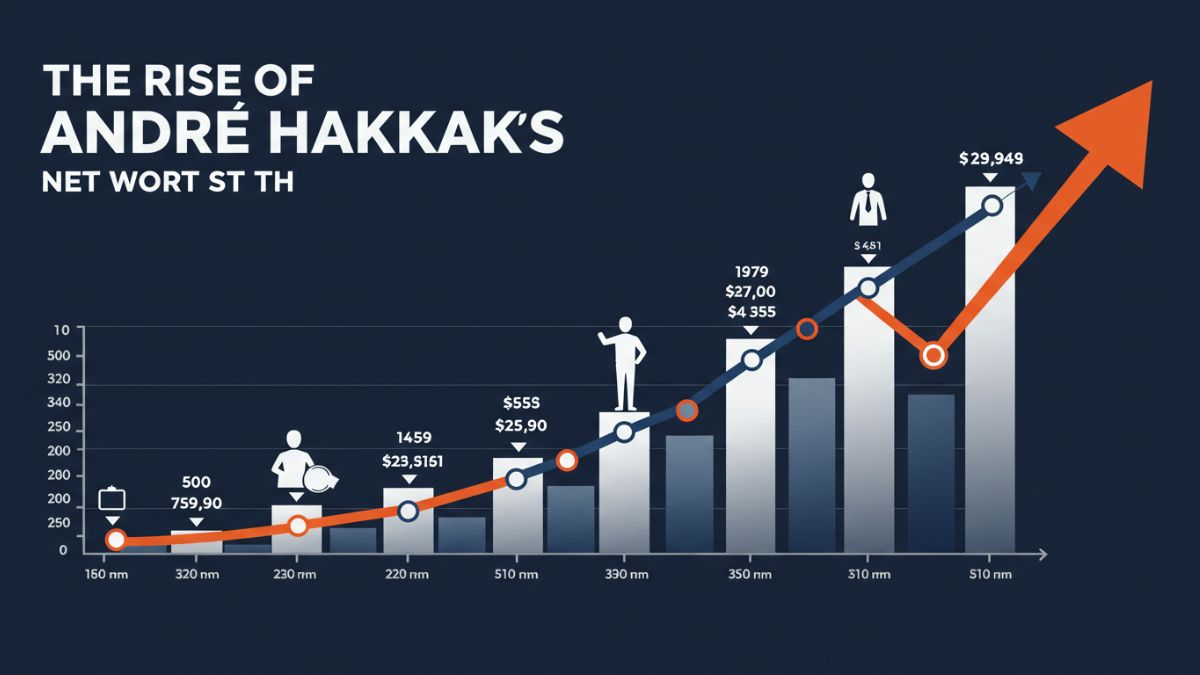One such example is the kennedy funding ripoff report, which has become a cautionary tale for many entrepreneurs and small business owners. Victims of this scandal have stepped forward to share their personal stories—stories filled with hope turned into heartbreak.
As we dive into these accounts, we’ll uncover the intricacies of the Kennedy Funding scandal and its far-reaching impact on those who sought help in good faith. Their experiences serve as powerful reminders about vigilance in financial dealings and the importance of due diligence. Join us as we explore these compelling narratives, revealing not just what happened but also how others can avoid similar pitfalls in their quest for funding.
Understanding the Kennedy Funding Scandal
The Kennedy Funding scandal has shaken the financial landscape. What began as a promise of quick funding spiraled into a nightmare for many businesses seeking loans.
At its core, the scandal involved misleading practices and deceptive promises. Victims were lured in by attractive offers that turned out to be too good to be true. Many entrepreneurs found themselves trapped in contracts with hidden fees and unrealistic terms.
Trust was exploited, leaving numerous businesses struggling financially. The fallout impacted not only individual companies but also their employees and communities.
This situation serves as a stark reminder of the importance of due diligence in financial dealings. Awareness is crucial when navigating such treacherous waters in business financing today.
Impact on Victims and their Businesses
The Kennedy Funding scandal left many victims grappling with financial ruin. Promises of funding turned into empty hopes, stranding businesses that relied on these investments to grow.
For small business owners, the impact was especially devastating. Some lost their savings, while others found themselves unable to meet payroll or pay vendors. Trust evaporated as relationships soured; partnerships dissolved under the weight of unmet obligations.
Entrepreneurs became wary of seeking future investments. Fear and skepticism now clouded their ability to move forward. Those who once thrived in vibrant markets felt paralyzed by uncertainty.
Emotional distress accompanied financial loss. Anxiety about personal finances crept into everyday life, affecting mental health and family dynamics. The consequences extended beyond numbers; they seeped into communities where supportive networks were disrupted by this betrayal.
Victims shared their stories not just for healing but also to raise awareness around potential scams lurking in the shadows of finance.
Steps Taken by Victims to Seek Justice
Victims of the Kennedy funding scheme have rallied together, forming support groups to share their experiences and strategies. These networks provide a crucial lifeline for those seeking justice.
Many individuals turned to legal counsel, seeking guidance on how to navigate the complex world of financial scams. Armed with knowledge, they filed complaints with regulatory bodies like the SEC and FTC.
Some victims took matters into their own hands by launching social media campaigns. They aimed to raise awareness about the dangers of similar scams. By sharing personal stories online, they hoped to warn others before it’s too late.
Others gathered evidence meticulously—emails, contracts, and recorded conversations—building a solid case against those behind the fraudulent operations. Their determination reflects not only a quest for justice but also a desire for accountability within an industry that can sometimes overlook ethics in pursuit of profit.
Lessons Learned and How to Avoid Falling for a Similar Scam
Staying vigilant is key. Research potential funding sources thoroughly before engaging with them. Look for reviews and testimonials from previous clients. If something feels off, trust your instincts.
Be wary of companies that promise quick returns or seem too good to be true. Scammers often prey on desperation, so take a step back and evaluate the situation critically.
Ask detailed questions during initial meetings. Legitimate businesses will provide clear answers about their processes, fees, and terms.
Additionally, consider seeking advice from financial professionals or legal experts when navigating funding options. They can help you spot red flags early in the process.
Document all communication and agreements meticulously. Having records can protect you if disputes arise later on. Understanding these lessons is crucial in safeguarding your business against future scams.
Conclusion:
The stories shared through the Kennedy Funding Ripoff Report reveal a troubling pattern. Victims have faced not only financial losses but emotional turmoil as well. Each narrative serves as a reminder of the vulnerabilities that come with seeking funding.
Awareness is paramount in preventing such scams from recurring. Those affected are now advocates for transparency and due diligence, pushing others to be cautious when dealing with potential lenders.
Engagement in community discussions around this issue can foster resilience among business owners. It’s essential to share experiences and learnings openly.
FAQ’s
What is the Kennedy Funding Ripoff Report?
The Kennedy Funding Ripoff Report compiles testimonials and complaints from victims who allege they were deceived by Kennedy Funding’s practices in securing loans or investments.
Who are the typical victims of this scam?
Victims often include small business owners looking for financing options or entrepreneurs trying to secure capital for their ventures.
How can I protect myself from similar scams?
Research thoroughly before engaging in any financial agreement. Look for reviews, consult professionals, and never rush into decisions without proper scrutiny.
Are there any ongoing investigations related to this case?
Yes, various regulatory bodies are investigating allegations against Kennedy Funding based on numerous reports filed by affected individuals.











